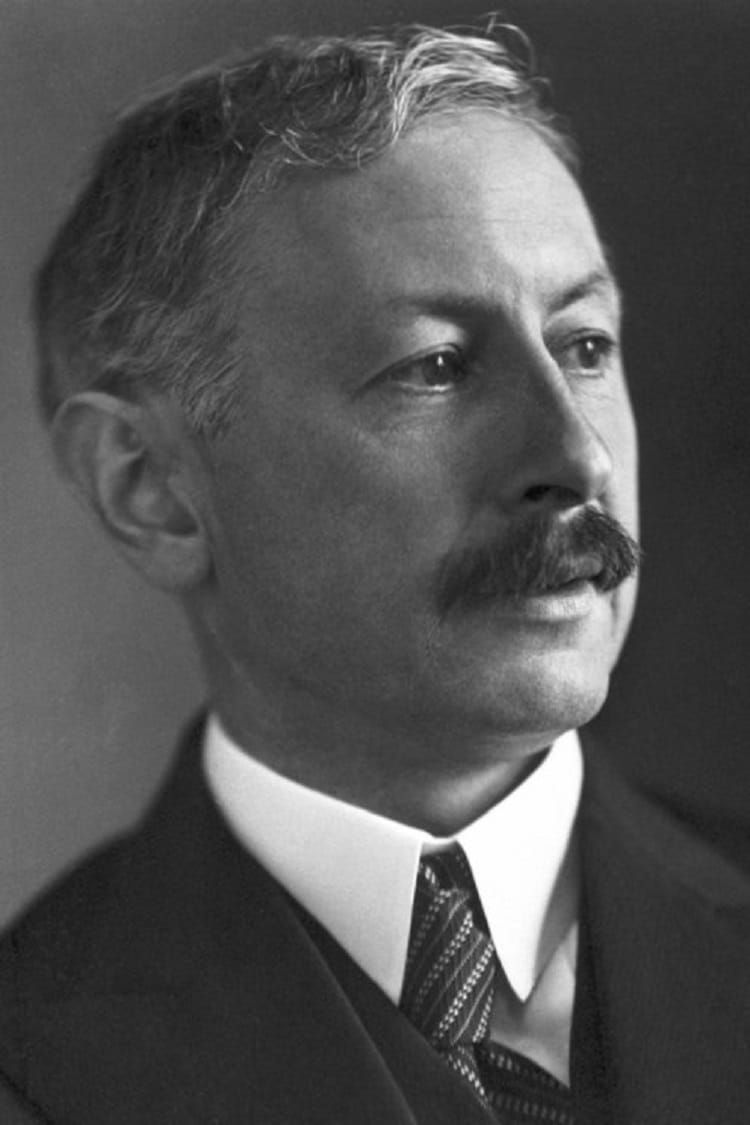Paul Karrer: The Chemist Behind Nobel Prize-Winning Discoveries

Paul Karrer (21 April 1889 – 18 June 1971) was a Swiss organic chemist. In 1937, Paul Karrer was awarded the Nobel Prize in Chemistry.
Life and Career
Paul Karrer was born on 21 April 1889, in Moscow, Russia. Karrer studied chemistry at the University of Zurich, where he earned his doctorate in 1911. After completing his doctoral studies, Karrer worked as an assistant to the renowned chemist Hermann Emil Fischer in Berlin.
He returned to the University of Zurich and became a professor of chemistry in 1917, a position he held for many years. Karrer conducted extensive research in the field of organic chemistry, focusing on the structure and properties of various organic compounds. His most notable work was in the area of carotenoid pigments and the structure of vitamins.
Paul Karrer is best known for his work on the structure and chemistry of carotenoids, the pigments responsible for the red, orange, and yellow colors in fruits and vegetables. He made significant contributions to our understanding of the structure of carotenoids and the chemical processes involved in their formation. Karrer’s research was instrumental in the identification and characterization of various vitamins, including vitamin A. Paul Karrer passed away on June 18, 1971, in Zurich, Switzerland, at the age of 82.
Award and Legacy
Paul Karrer was awarded the Nobel Prize in Chemistry in 1937 for his work on the structure of carotenoids and vitamins. His research significantly advanced our knowledge of these important compounds.
Paul Karrer’s work on carotenoids and vitamins had a profound impact on the fields of chemistry and nutrition. His research paved the way for a better understanding of essential nutrients and their role in human health. His contributions to the chemistry of vitamins and pigments continue to be recognized and appreciated in the fields of biochemistry and nutrition.
Observer Voice is the one stop site for National, International news, Sports, Editor’s Choice, Art/culture contents, Quotes and much more. We also cover historical contents. Historical contents includes World History, Indian History, and what happened today. The website also covers Entertainment across the India and World.

